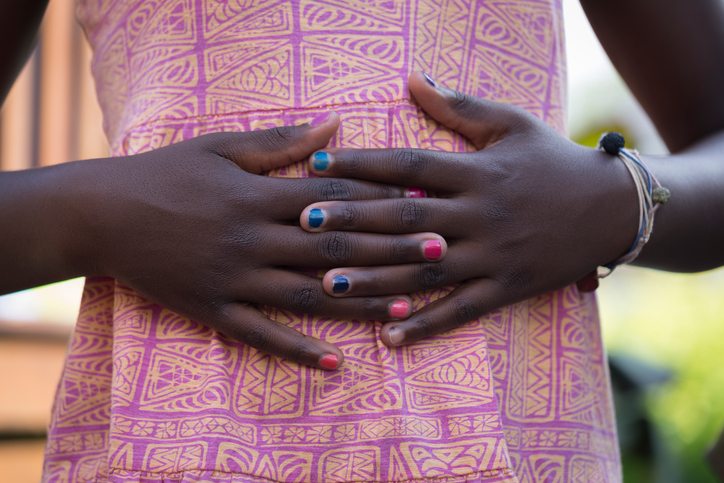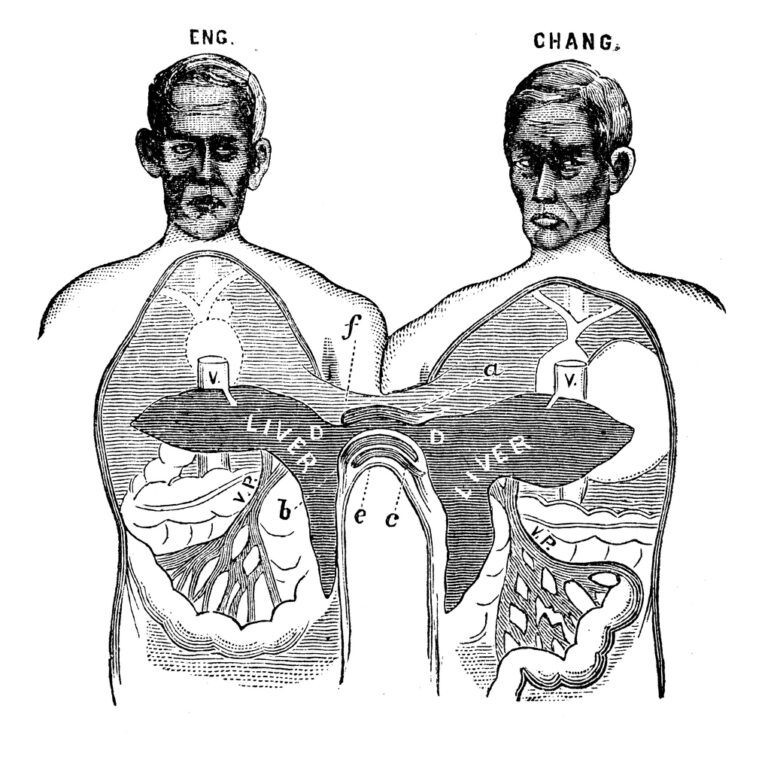The Nigerian government has taken the historic step of outlawing the practice of female genital mutilation (FGM), in a move campaigners describe as “hugely important.”
The government introduced a new federal law banning the practice, which involves removing part or all of a girl’s outer sex organs. The procedure is often done without pain relief, and can cause infertility, maternal death, infections and the loss of sexual pleasure.
The practice was already banned in some states of Nigeria, but now it will be outlawed across the country. The move is significant given that according to 2014 UN data, about a quarter of Nigerian women have undergone FGM.
As the most populous country in Africa, the decision by the Nigerian government carries considerable weight. Campaigners against FGM hope that the decision will put pressure on other countries to follow suit. “With such a huge population, Nigeria’s vote in favour of women and girls is hugely important,” says Mary Wandia, FGM programme manager of Equality Now. “We hope too, that the other African countries which have yet to ban FGM – including Liberia, Sudan and Mail, among others – do so immediately to give girls a basic level of protection.”
According to the UN, it is estimated that at least 200 million girls and women alive today have undergone some form of FGM. The UN Sustainable Development Goals in 2015 call for an end to FGM by 2030.







